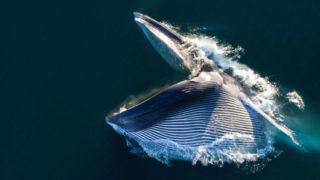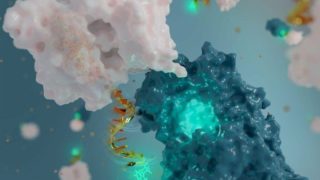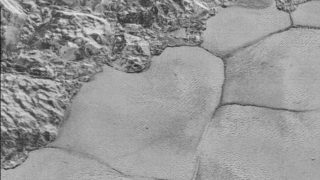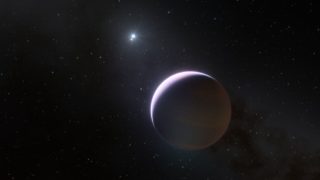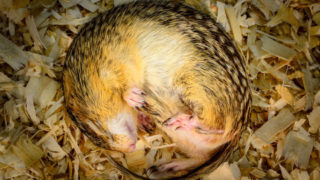
MI weekly selection #453
Andromeda may be home to intermediate-mass black hole The nearby Andromeda Galaxy may be harboring an intermediate-mass black hole, a kind of black hole that is yet to be observed. Scientists say evidence points to an intermediate-mass black hole in the globular cluster B023-G078, which is believed to have a stripped nucleus, a condition researchers […]
